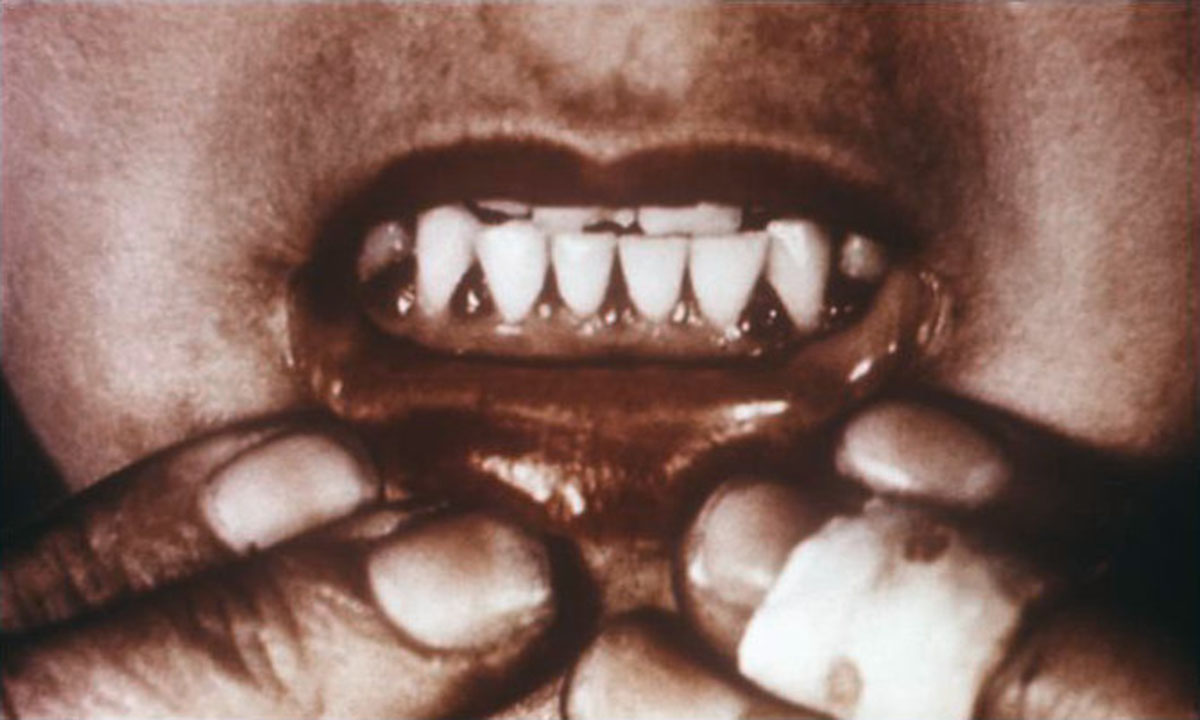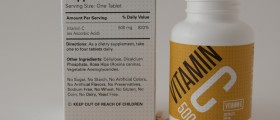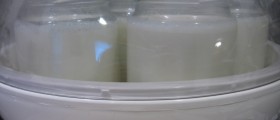
Scurvy disease is a medical condition caused by deficiency of the vitamin C. Vitamin C has numerous functions and synthesis of collagen in human body is only one of them. This vitamin is also essential for proper absorption of iron. Human body cannot synthesize vitamin C so it has to be taken on a daily basis. Citrus fruit, for example, contain large amount of vitamin C.
Scurvy disease features with specific spots on the skin, spongy gums and bleeding from numerous mucous membranes. This vitamin deficiency was common in sailors and pirates who used to spend a long period at sea without sufficient supply of fresh fruit and vegetables. Now people are aware of the necessity of vitamin C and scurvy disease occurs very rarely. Children and elderly people are more susceptible to scurvy disease.
Symptoms of Scurvy
Deficiency of vitamin C may lead to a variety of symptoms. In initial stage of deficiency patients may complain about loss of appetite, diarrhea, irritability, tenderness in legs and swelling. One may suffer from fever, nausea and bleeding. Poor appetite results in poor weight gain. Patients are generally weak, exhausted and may suffer from muscle and joint pain.
In advanced stage of the deficiency one experiences gum bleeding which may eventually lead to loosening of the teeth and bleeding in the eyes. The skin and hair are dry.
Since vitamin C is essential for collagen production its deficiency leads to delayed healing of wounds and cuts. In infants scurvy interferes in normal growth and development. Infants also become irritable and anxious.
Diagnosing Scurvy Disease
The diagnosis may be set after physical examination of the patient. Laboratory tests determine the level of vitamin C in the body. This may be helpful in definitive conformation of scurvy disease.
Treatment for Scurvy Disease
The basic concept of treatment for scurvy disease is making up for the lack of vitamin C. The deficiency may be treated by oral vitamin C or with injections. Some patients may benefit only from increased intake of fruit rich in vitamin C. This treatment is effective in mild forms of vitamin C deficiency. Moderate forms require additional intake of vitamin C supplements while severe forms require injections of vitamin C.
Fruit rich in vitamin C which can be consumed include rose hip extracts, blackcurrant, guava, strawberry, lemon, papaya, orange, lime, kiwi fruit, clementine, grapefruit, raspberry, lychees, nectarines, peaches and mangoes. There are also numerous vegetables abundant in vitamin C. Some of them are green cabbage, tomato, peppers, cauliflower, gourd etc.

















Your thoughts on this
Loading...